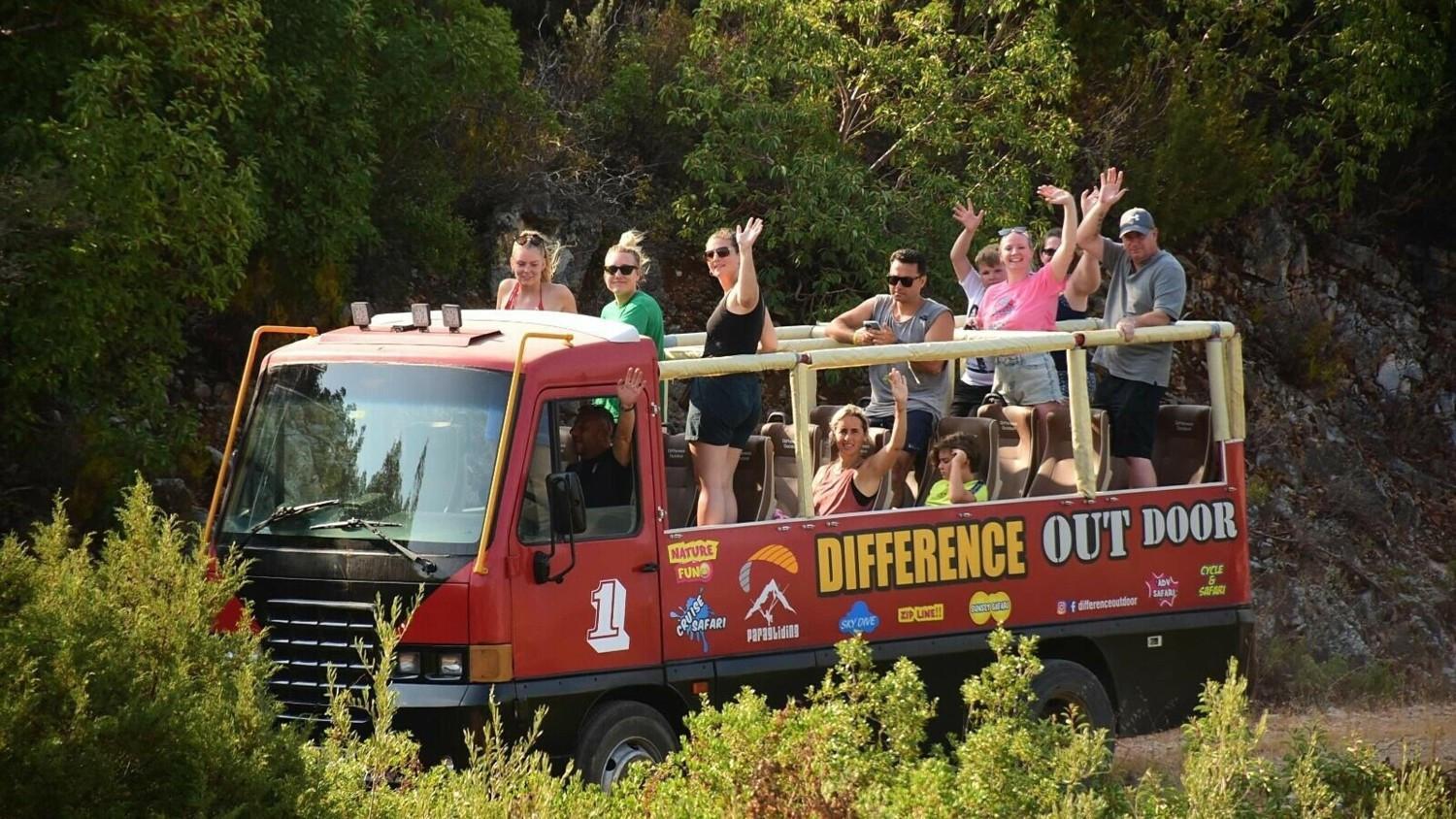
While Bodrum is best known for its glittering coastlines, the popular Turkish resort town in the southwestern province of Muğla is also steadily becoming a hub for nature-based tourism with approximately 100,000 tourists exploring the region’s lush countryside and traditional villages each season through a growing array of eco and adventure tours, according to a sector representative.
“From safari routes to vineyard walks, from bike trails to hiking excursions, tourists are embracing Bodrum’s natural beauty beyond its beaches,” noted Mustafa Demir, regional representative chair of the Association of Turkish Travel Agencies (TÜRSAB).
The shift towards alternative tourism is redefining Bodrum’s identity as a travel destination. Safari tours remain the most popular, with participants picked up early from their hotels and transported by off-road vehicles into the forested interior of the Bodrum peninsula.
The routes wind through scenic mountain paths and culminate in visits to authentic villages where travelers engage directly with local residents, taste traditional cuisine and experience rural life up close.
Through the day-long tours, guests are treated to panoramic vistas, including a stop at a 600-meter-high mountain viewpoint offering sweeping views of both the sea and the peninsula.
Adventure parks in villages like Çamlık further enrich the itinerary with eco-friendly activities. With summer temperatures often exceeding 40 degrees Celsius, tour vehicles are equipped with misting systems for comfort, and visitors often cool off by playfully splashing water on one another during stops.
Demir emphasized that the tours offer both memorable experiences for visitors while creating direct economic benefits for local communities.
“Our real capital is the happiness of the locals. We operate in partnership with them. Every place we pause for meals or breaks generates income for village residents,” he said.
Tour prices start at 40 euros ($47) and include lunch, transportation and all-day activities.
“With the right marketing, Bodrum could host active tourism nine months a year,” Demir said, adding that the demand is particularly strong from European, African and Arab tourists.